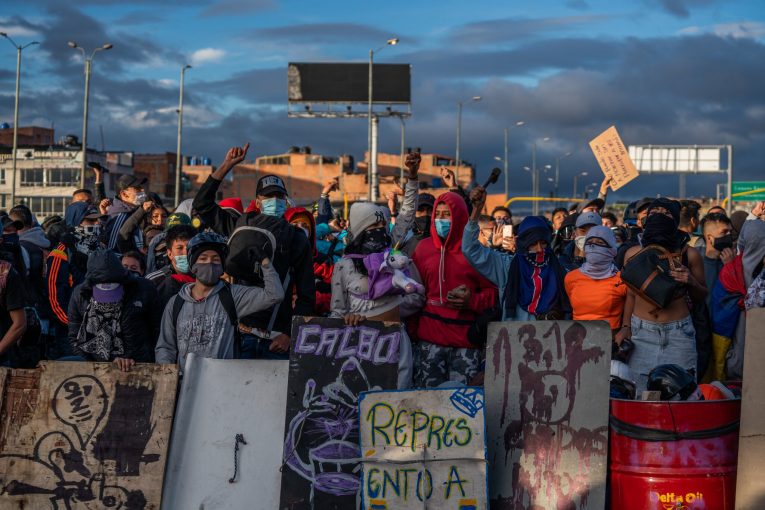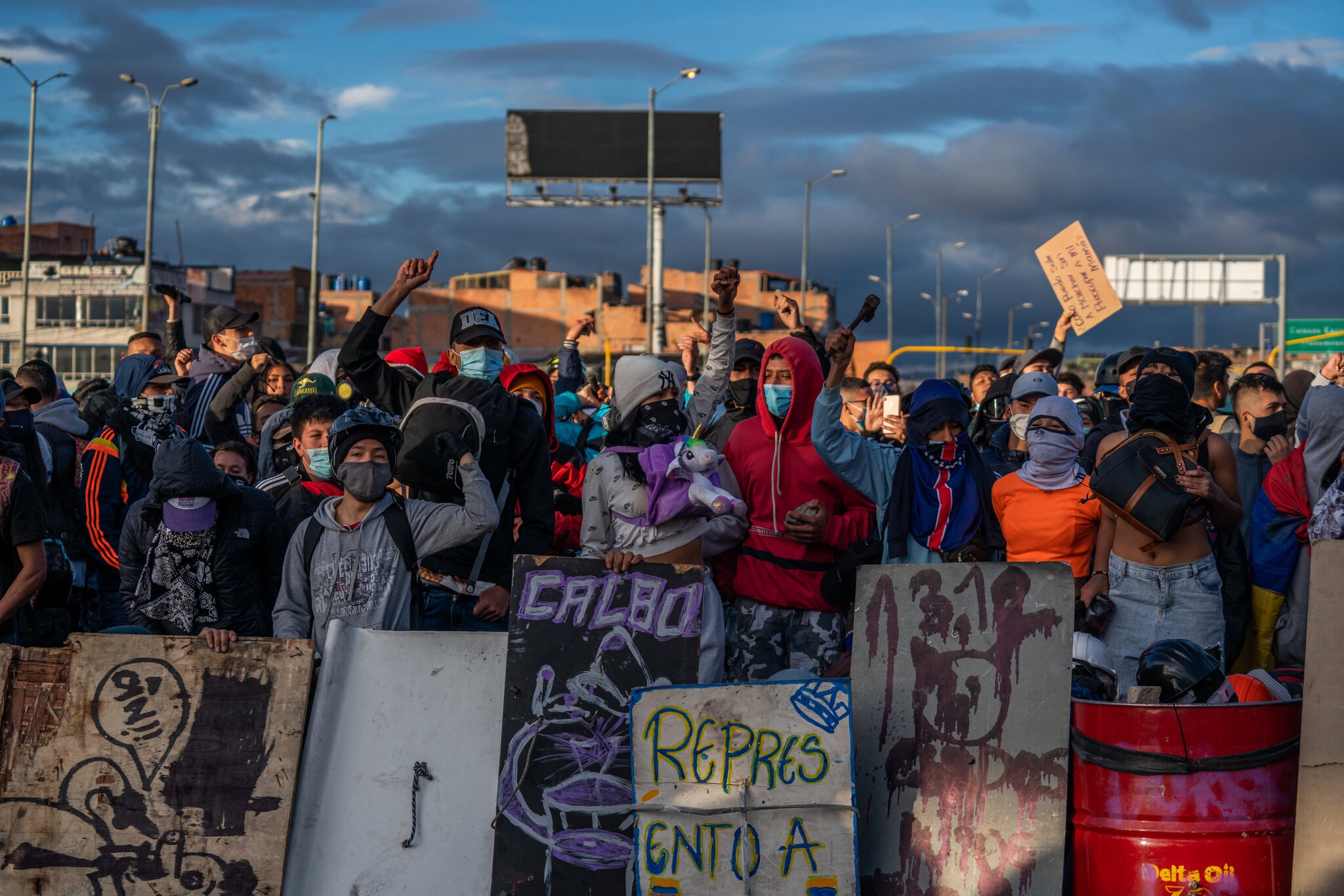

By Jacob Vito
During my years in high school, many of my most prestigious accomplishments came from our school’s Model UN team. A mix of debate club and international relations, Model UN asks its participants to play out potential geopolitical scenarios with the resources and goals of real-world governments.
Now, I’ve been to my fair share of Model UN tournaments. However, easily one of the most memorable was the Colombian cabinet committee at American University. It began much like any real cabinet meeting could be expected to, with the obvious exception that we were all high-schoolers. However, as my other cabinet members and I quickly learned, the government of Colombia was fertile ground for corruption, mismanagement and abuse of power.
It seems the current Colombian government has learned that too.
This Monday, Colombian President Iván Duque announced the full deployment of the military and police to shut down the public outcry sweeping the country. Such massive protests and riots began as a response to a new tax proposal from the president that critics claimed unfairly taxed the poor and middle class.
However, what began as a single-issue general strike quickly became something far larger. Due in part to the demonstrations’ suppression by the Colombian government, and partly due to the building up of grievances from the nation’s response to the coronavirus, the anti-tax protest became a critique of the country’s government as a whole.
And make no mistake, the list of grievances is long. During the COVID-19 pandemic, 82,000 people died from a disease that many in the country feel were mismanaged by the government. To make matters worse, income inequality also significantly worsened in a nation already struggling with a visible class divide.
However, for such a situation to arise in such an important international ally, the United States’s message has been notably muddled. Democrats like rep. Jim McGovern has taken a vocal position supporting protesters in the “political & human rights situation” there, but a number of conservative figures have looked to the Colombian administration to shut down the demonstrations against them.
Yet make no mistake, this is not the only recent occurrence of political unrest from a South American country. Bolivia emerged from an attempted coup mere months ago. Brazil and Peru are facing upcoming elections split between extreme candidates. Politics in South America are beginning to show signs of strain. But this should not necessarily be unfamiliar either.
Because in truth, this has all happened before.
The 20th century saw a rise in far-left movements and governments throughout Central and South America. These progressive leaders rocketed to popularity in nations often plagued by instability and economic exploitation. And the movements behind them were not the secret socialist plots they were characterized as, but simply constituents that felt disadvantaged at home and in the world.
However, not everyone was fond of these left-of-center politicians. Many of their moves for national self-improvement forced out international corporations and fostered hostility towards those in the first world who stood to benefit from their resources.
So, America stepped in. To protect its interests in the region, the U.S. orchestrated a multitude of coups in Central and South America. Some were conducted through direct troop intervention, some were orchestrated through other dictators, some were merely given a guarantee of U.S. support, but one by one progressive leaders across the global south were replaced with America-backed undemocratic regimes.
Now, that cycle seems to be on the brink of starting all over again. However, it is important to remember something: the current wave of corruption, brutality and of general dysfunction in South American countries is the direct product of U.S. influence in the region.
It was America that forced out democratically elected leaders. It was America that supported dictators who rewrote their nation’s constitutions to fit their needs. It was America that left those governments filled with the tools for abuse of power. The current situation is very much on us.
So this time, let’s not repeat the same mistakes.
If the people feel that their country has moved too far to the whims of the elite, that it has forgotten them, then let them voice those sentiments. Don’t intervene in their elections, don’t support their crackdowns, don’t disrupt their systems. The people in Colombia, Bolivia, Peru, Brazil, Chile and everywhere else have as much of a right to a fair democracy as America does.
For decades and decades, the United States has imposed its will to overthrow countries that pose no real threat to the world at large. It’s disrupted democracy abroad, wasted the government’s funds at home and has remained a stain on this country’s history.
So rather than blindly putting faith behind a strongman in the global South, for once let the will of that nation’s people be heard. Sometimes, the best thing for America to do with another country is nothing at all.

Jacob Vito is a first-year Community and Regional Development major at UC Davis. He is from western Pennsylvania.
Support our work – to become a sustaining at $5 – $10- $25 per month hit the link:
